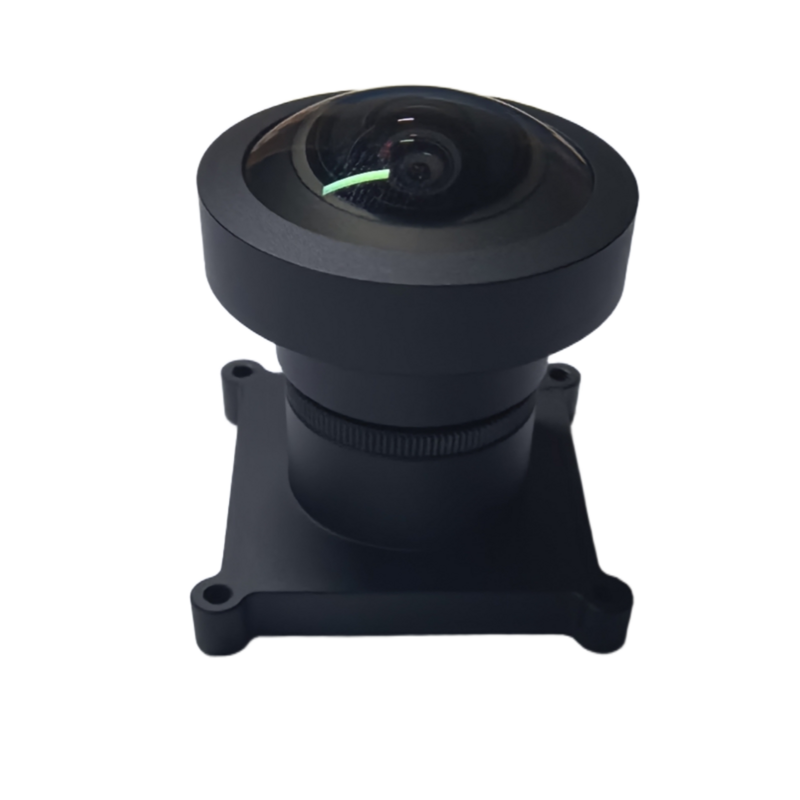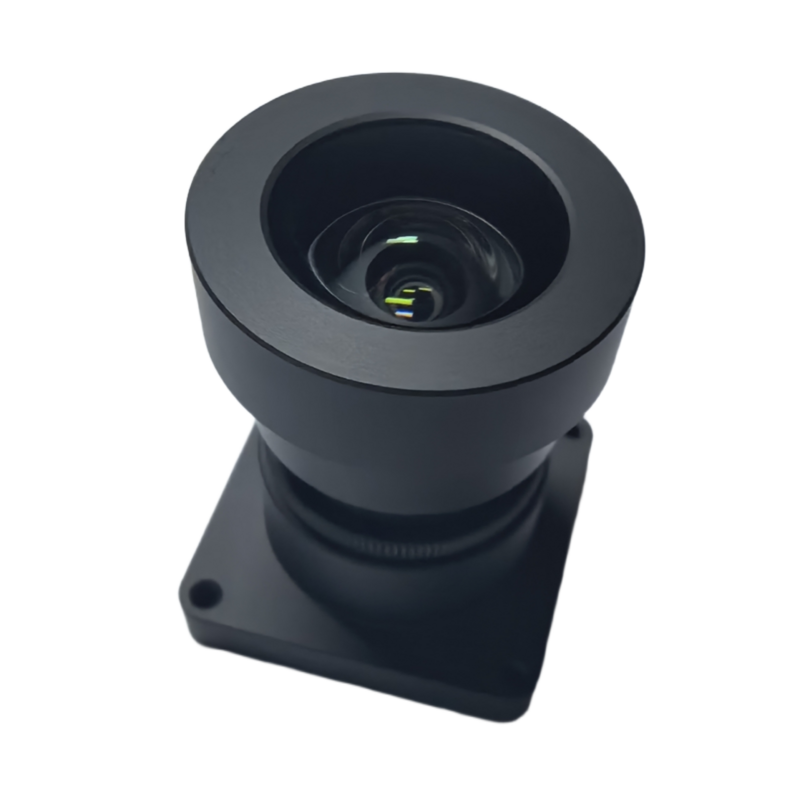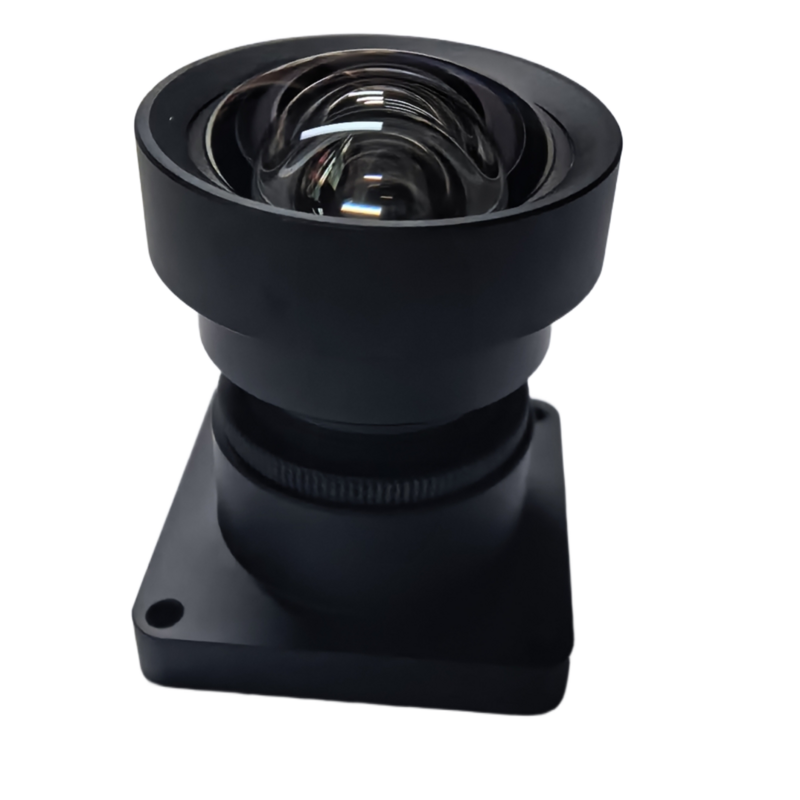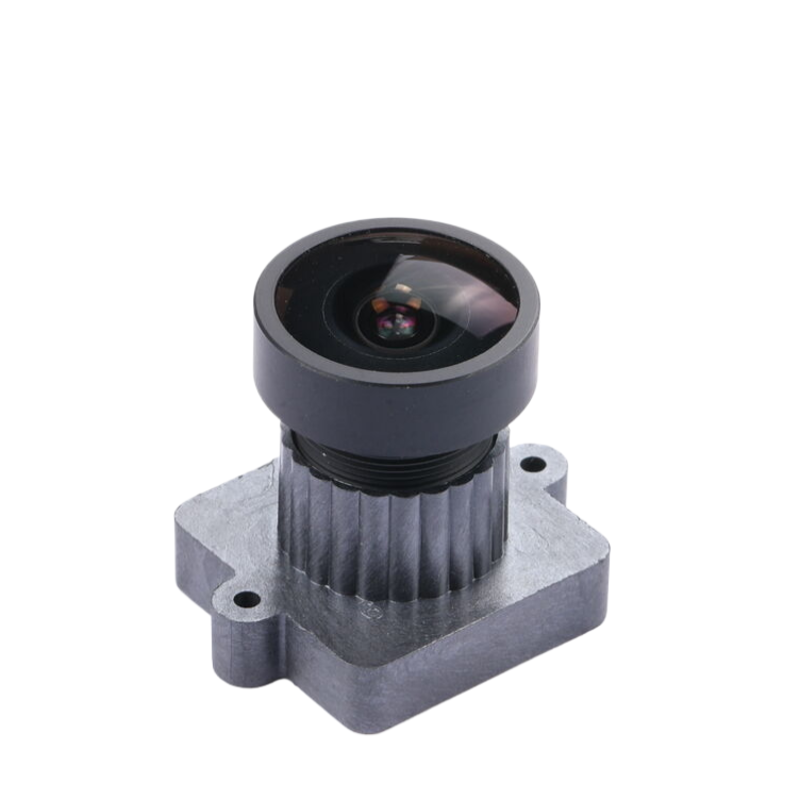Industrial News
Innovative Applications of Medical Lens Technology
Medical lens technology has revolutionized the field of dermatology surgery, bringing about significant advancements and enhancing the effectiveness of various procedures. In this article, we will discuss the profound impact and innovative applications of medical lens technology in dermatology surgery.
Improved Visualization and Precision
The use of medical lenses in dermatology surgery has provided surgeons with improved visualization and precision during procedures. These lenses offer magnification capabilities, enabling surgeons to examine skin lesions and abnormalities in greater detail. The enhanced visualization allows for more accurate diagnosis and precise treatment planning.
Furthermore, medical lenses equipped with advanced imaging technologies, such as high-definition cameras, allow surgeons to capture real-time images and video recordings of the surgical site. This capability not only facilitates documentation and analysis but also serves as a valuable tool for patient education and post-operative follow-ups.
Enhanced Tissue Manipulation and Extraction Techniques
Another significant benefit of medical lens technology is its contribution to the development of innovative tissue manipulation and extraction techniques. By incorporating specialized instruments and attachments, surgeons can perform minimally invasive procedures with greater ease and precision.
For instance, the use of medical lenses in dermatology surgery has facilitated the adoption and refinement of techniques like Mohs micrographic surgery. This technique involves the precise removal of cancerous tissue layer by layer, with each layer being examined under a microscope to ensure complete tumor removal.
Moreover, the use of medical lenses in conjunction with laser devices has facilitated targeted and precise tissue ablation, reducing the risk of collateral damage to surrounding healthy tissues. This combination of medical lens technology with other surgical tools has significantly improved surgical outcomes and patient satisfaction.
Advancements in Telemedicine and Collaboration
Medical lens technology has also made significant contributions to telemedicine and collaborative efforts among healthcare professionals. Through the use of live streaming capabilities, medical lenses enable real-time consultations, mentoring, and collaborative discussions between surgeons in different locations.
Specialized dermatologists can remotely guide less experienced surgeons during complex procedures, offering valuable insights and enhancing the overall quality of care. Additionally, medical lens technology facilitates remote participation in medical conferences, enabling the dissemination of knowledge and fostering professional development.
Conclusion
In conclusion, medical lens technology has had a transformative effect on dermatology surgery. It has enhanced visualization, precision, and tissue manipulation techniques, leading to improved surgical outcomes. Furthermore, these technologies have enabled remote collaboration and the advancement of telemedicine, promoting global knowledge sharing and improving patient care. As medical lens technology continues to advance, it holds immense potential in further revolutionizing the field of dermatology surgery.
 English
English  German
German Japanese
Japanese Korean
Korean Vietnamese
Vietnamese French
French Spanish
Spanish भारत
भारत



